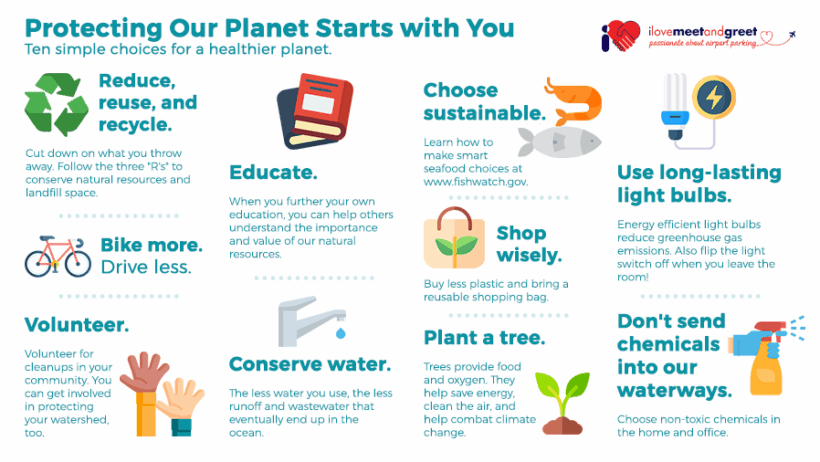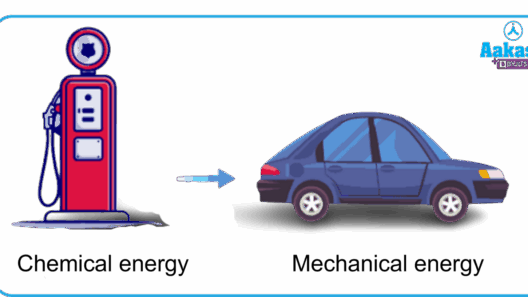As the climate crisis intensifies and the repercussions of environmental negligence reverberate more profoundly across our planet, we find ourselves at a pivotal crossroads: how can each individual contribute to conserving energy resources? Protecting our planet starts here, with the conscious decisions we make every day. So, the playful question arises: What if we made it a challenge to see who can reduce their energy consumption the most?
Energy conservation is not simply about turning off lights when you leave a room; it is a holistic approach that requires a multifaceted understanding of our energy usage. Transitioning to a more sustainable lifestyle involves a fundamental shift in our habits, a critical examination of our current practices, and an unwavering commitment to enact positive change. This article delves into several key strategies for conserving energy resources, exploring the benefits, obstacles, and innovative solutions available to all of us.
Understanding Energy Consumption
To effectively conserve energy, we must first comprehend where and how we expend it. Homes and businesses consume energy primarily for heating, cooling, lighting, and powering appliances. With energy prices soaring, it is an opportune moment to reassess our consumption patterns. Utilizing energy audits can reveal areas where inefficiencies lie and provide targeted solutions. By scrutinizing our energy use, we lay the groundwork for meaningful conservation efforts.
Embracing Renewable Energy
One of the most compelling avenues for reducing our ecological footprint is the adoption of renewable energy sources such as solar, wind, and hydropower. Integration of solar panels into residential and commercial structures not only diminishes reliance on fossil fuels but also significantly lowers energy bills. Furthermore, technological advances have rendered these systems more efficient and accessible than ever before. Transitioning to renewable energy can appear daunting, but with governmental incentives and community support, the initial investment often pays dividends over time.
Energy-Efficient Appliances
The appliances we use daily are major contributors to our overall energy consumption. Upgrading to energy-efficient models can yield substantial reductions in energy use. The Energy Star label is a reliable indicator of efficiency; appliances bearing this label consume significantly less energy than their conventional counterparts. It may be tempting to hold onto older appliances due to their sentimental value or familiarity, but the long-term savings and reduced environmental impact of newer models often far outweigh this consideration.
Smart Technology and Automation
With the advent of smart technology, we have unprecedented control over our energy consumption. Smart thermostats, lighting systems, and energy monitors allow homeowners and businesses to regulate and optimize their energy use in real time. By programming devices to operate only when necessary, we avoid the pitfalls of energy waste. For instance, smart thermostats learn our schedules, adjusting heating and cooling systems to maintain comfort levels while minimizing unnecessary energy expenditure.
Behavioral Changes and Daily Habits
Energy conservation often hinges on simple behavioral changes and heightened awareness. Here are some practical strategies individuals can implement:
- Turn Off Unused Devices: Many devices use energy even when not actively in use. Unplugging chargers and electronics when they are not operational can help save energy.
- Adjust Thermostat Settings: Lowering the thermostat during winter and raising it during summer can lead to significant savings. A mere adjustment of a few degrees can impact energy consumption drastically.
- Utilize Natural Light: During daylight hours, allowing natural light to permeate your home minimizes the need for artificial lighting. This practice not only conserves energy but also enhances interior ambiance.
- Limit Hot Water Usage: Water heating is a substantial energy expenditure. Simple actions such as taking shorter showers and washing clothes in cold water can effectively reduce hot water use.
Engaging in Community Initiatives
Collective action amplifies the impact of individual efforts. Communities can launch energy conservation initiatives, which may include neighborhood challenges to reduce energy consumption, workshops on energy efficiency, or communal purchasing programs for solar installations. By fostering collaboration and shared goals, we can inspire one another to do better and create a culture of sustainability. More often than not, participation in these initiatives can yield financial benefits through shared resources and community investments.
Conserving Energy in Transportation
Energy conservation goes beyond the walls of our homes; it extends to our modes of transport as well. Opting for public transportation, carpooling, biking, or walking not only reduces carbon emissions but also conserves energy resources associated with vehicle operation. The proliferation of electric vehicles (EVs) presents another avenue for energy conservation, particularly when paired with renewable energy sources for charging. As cities invest in infrastructure to support EVs, integrating these vehicles into daily life becomes increasingly feasible.
Conclusion: Every Action Counts
Energy conservation is paramount in the fight against climate change. The challenge posed at the beginning is not merely a playful query; it is a clarion call to everyone. We all possess the power to enact change through our daily choices, large and small. By understanding energy consumption, embracing renewable resources, utilizing technology, modifying ingrained habits, and engaging with our communities, we can collectively forge a path toward a more sustainable future. Remember, protecting our planet truly starts with you—what will your contribution to this challenging quest be?








